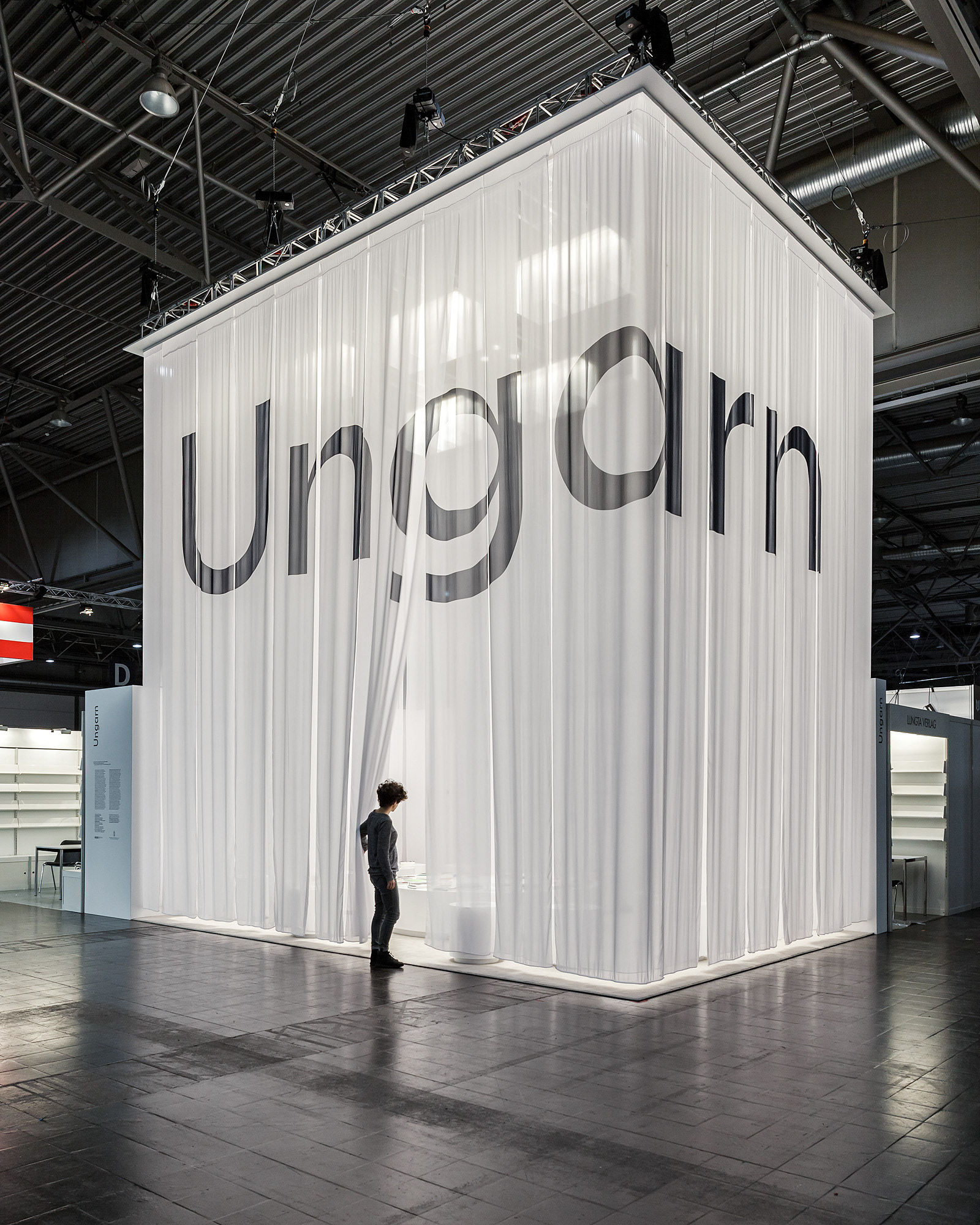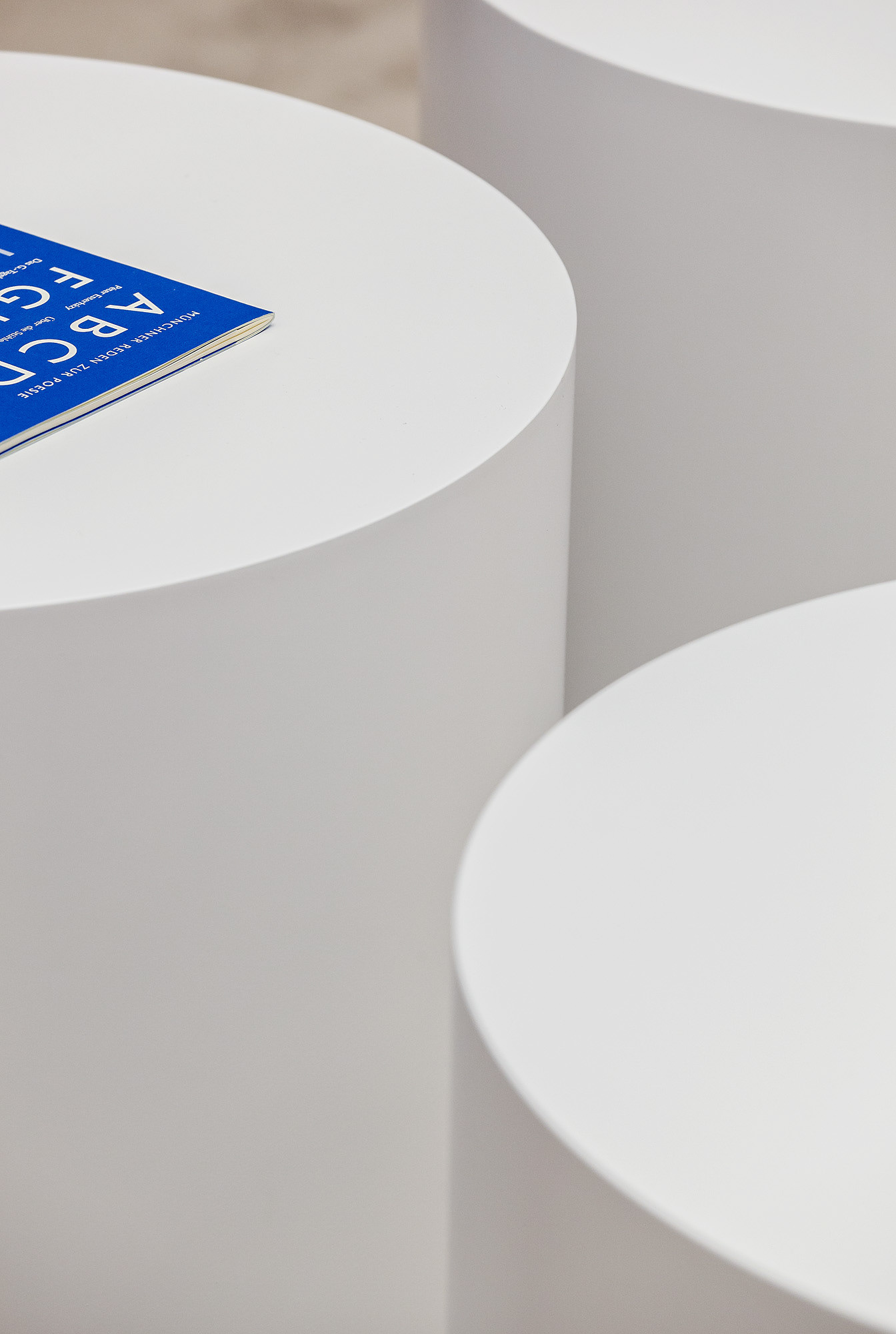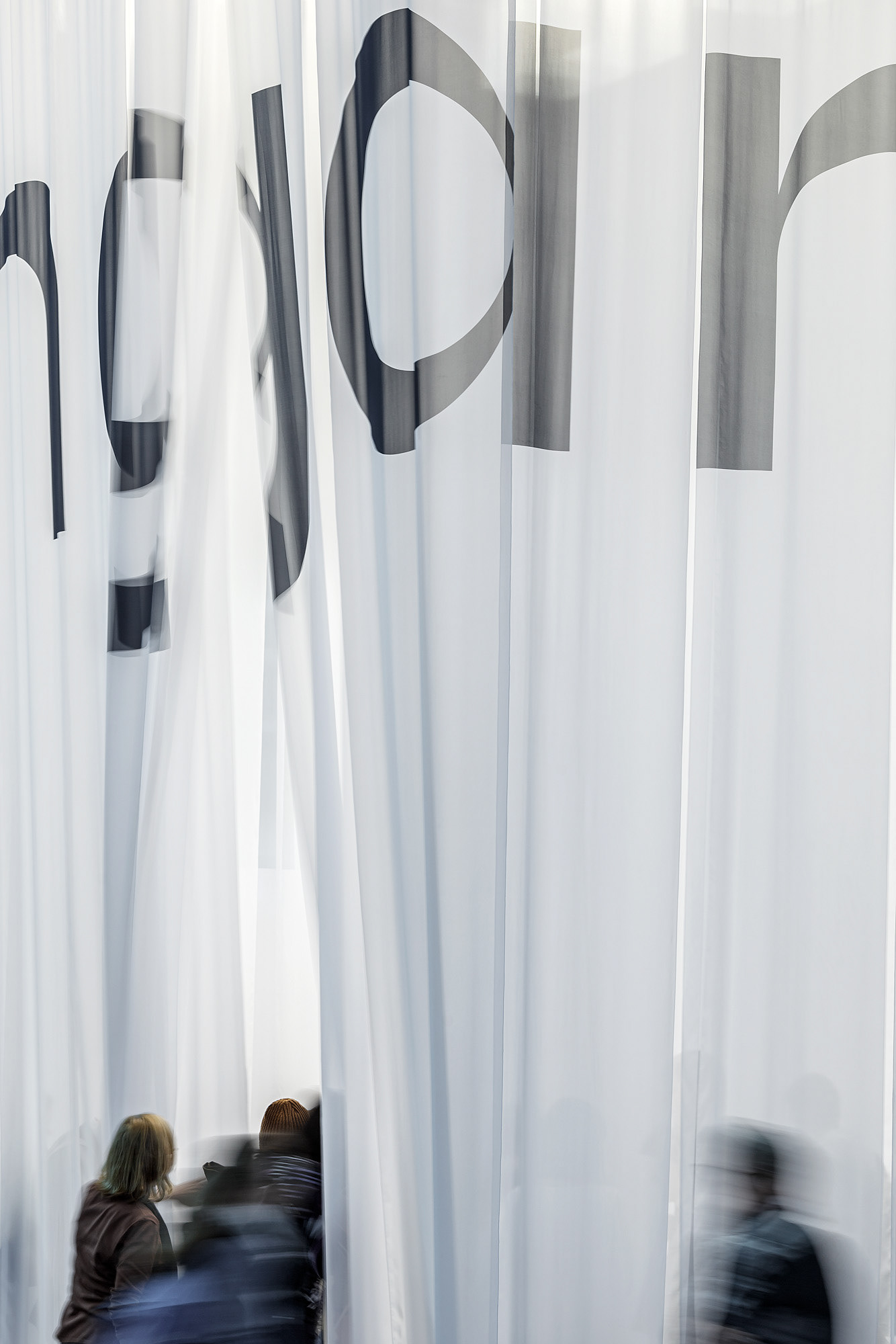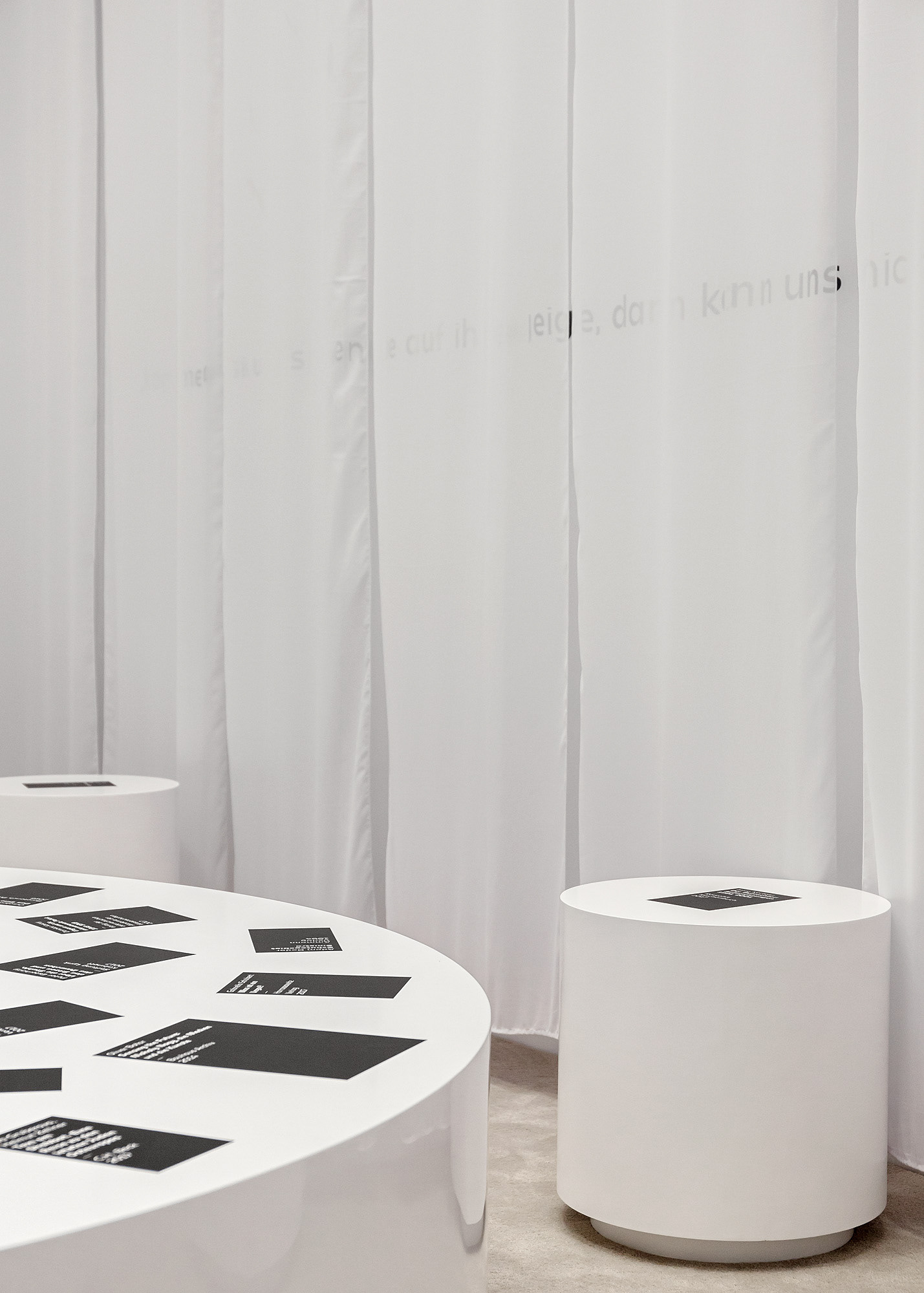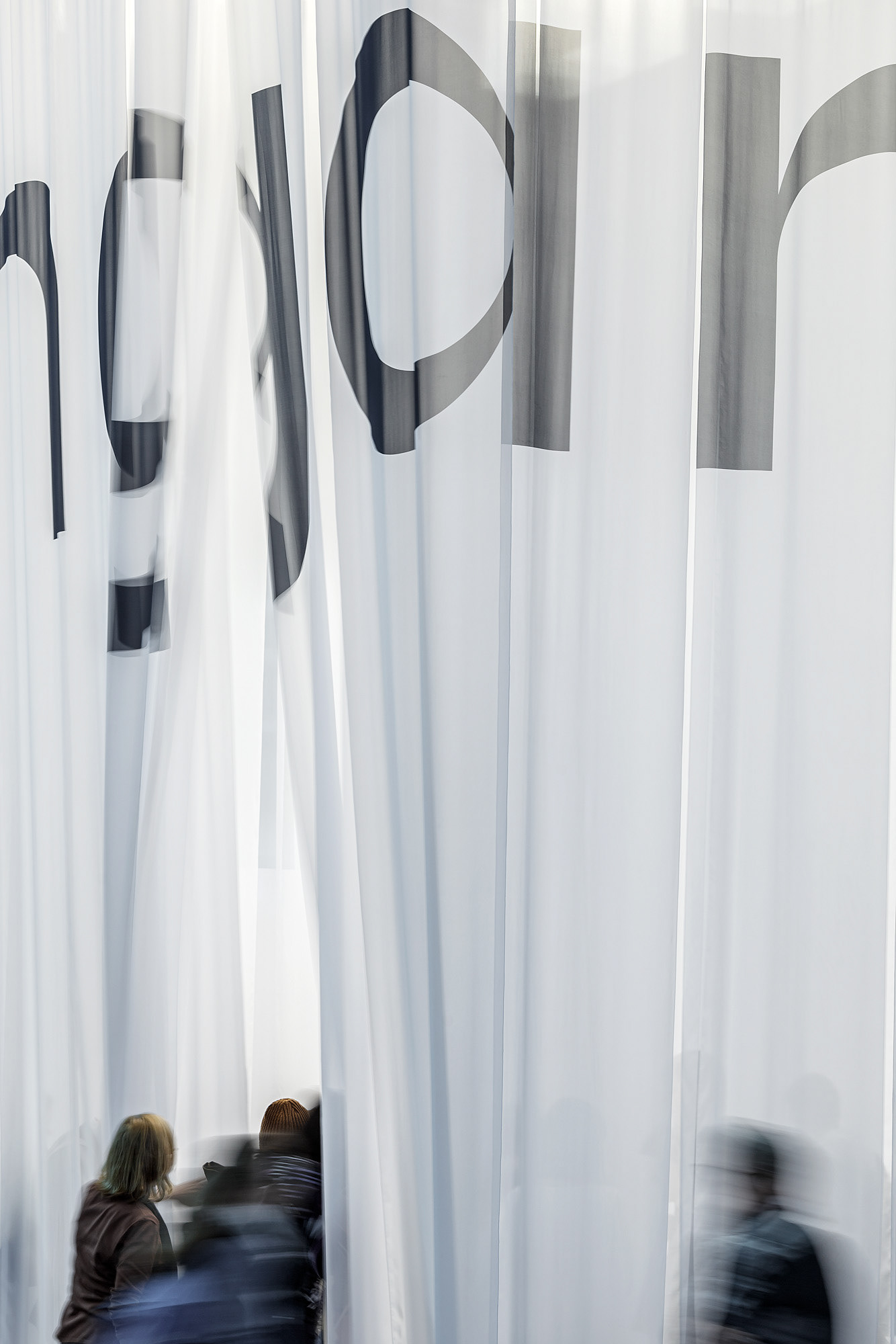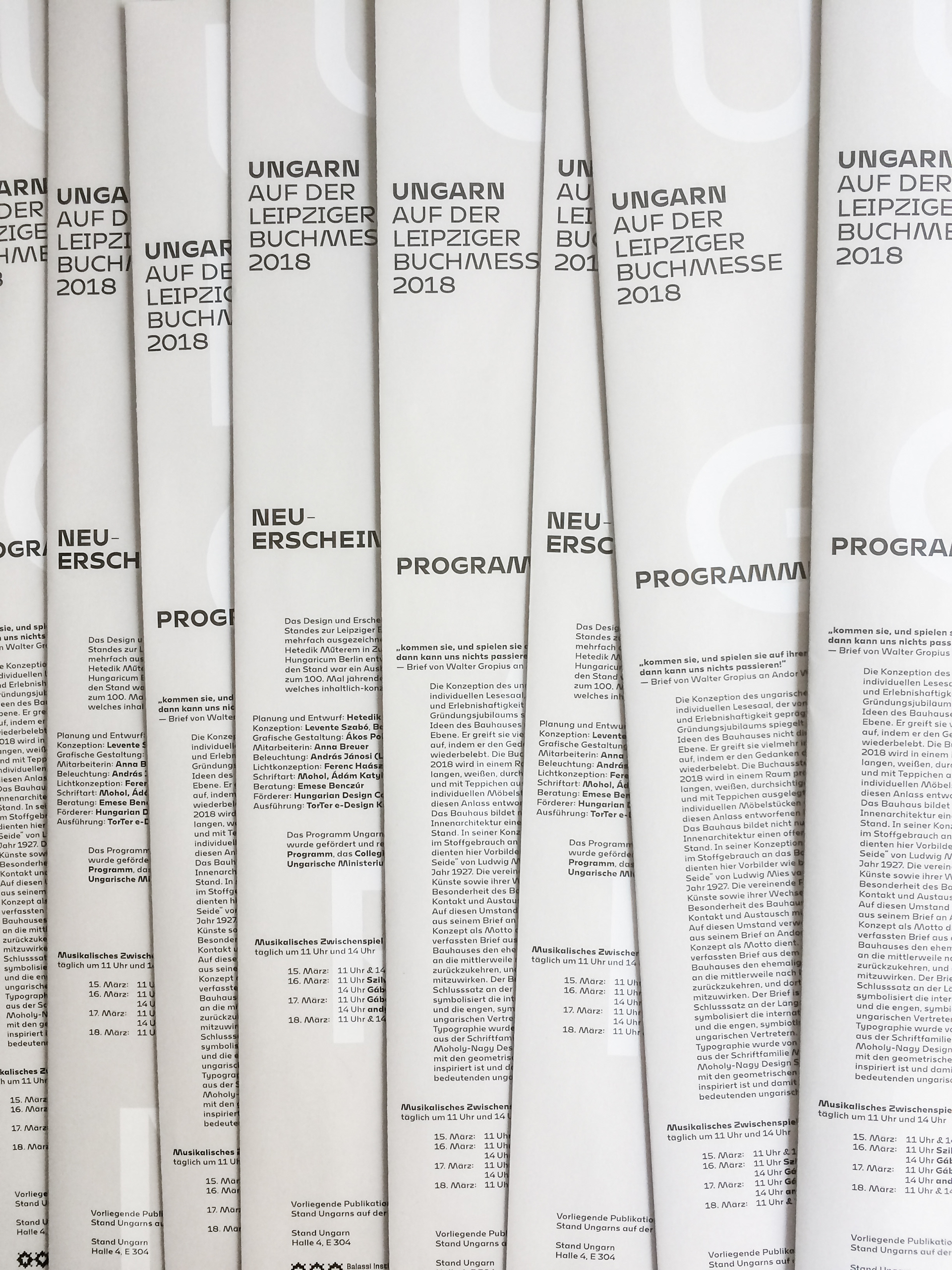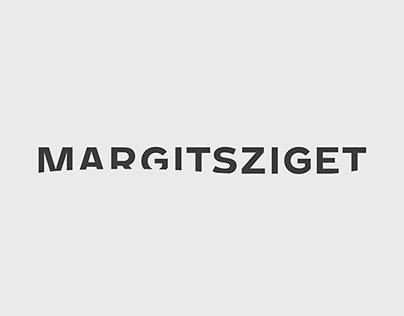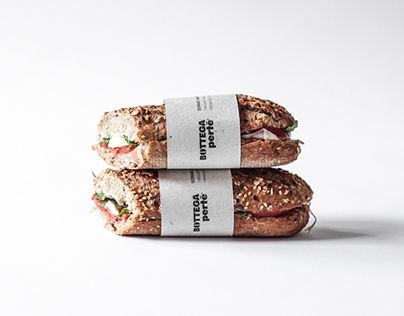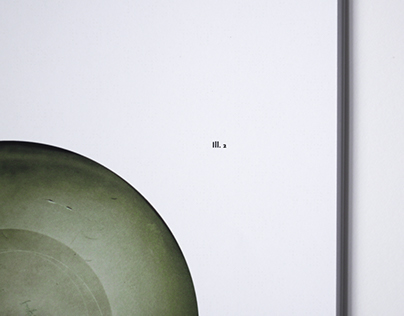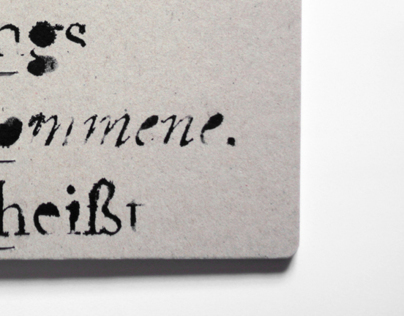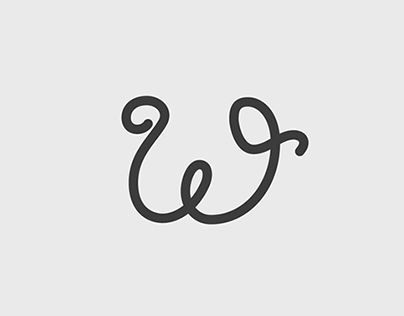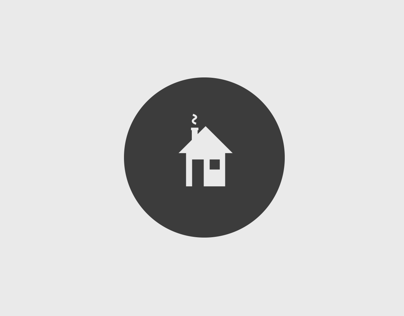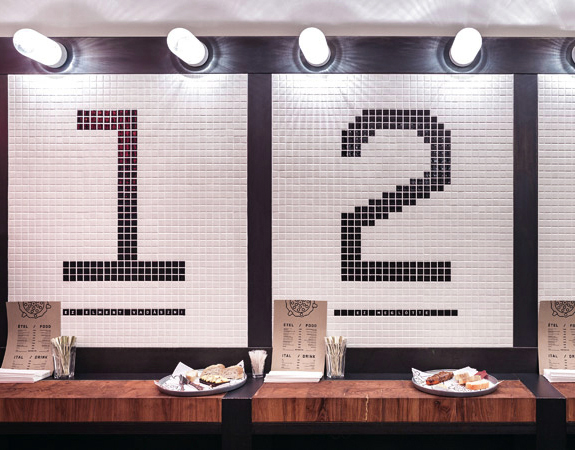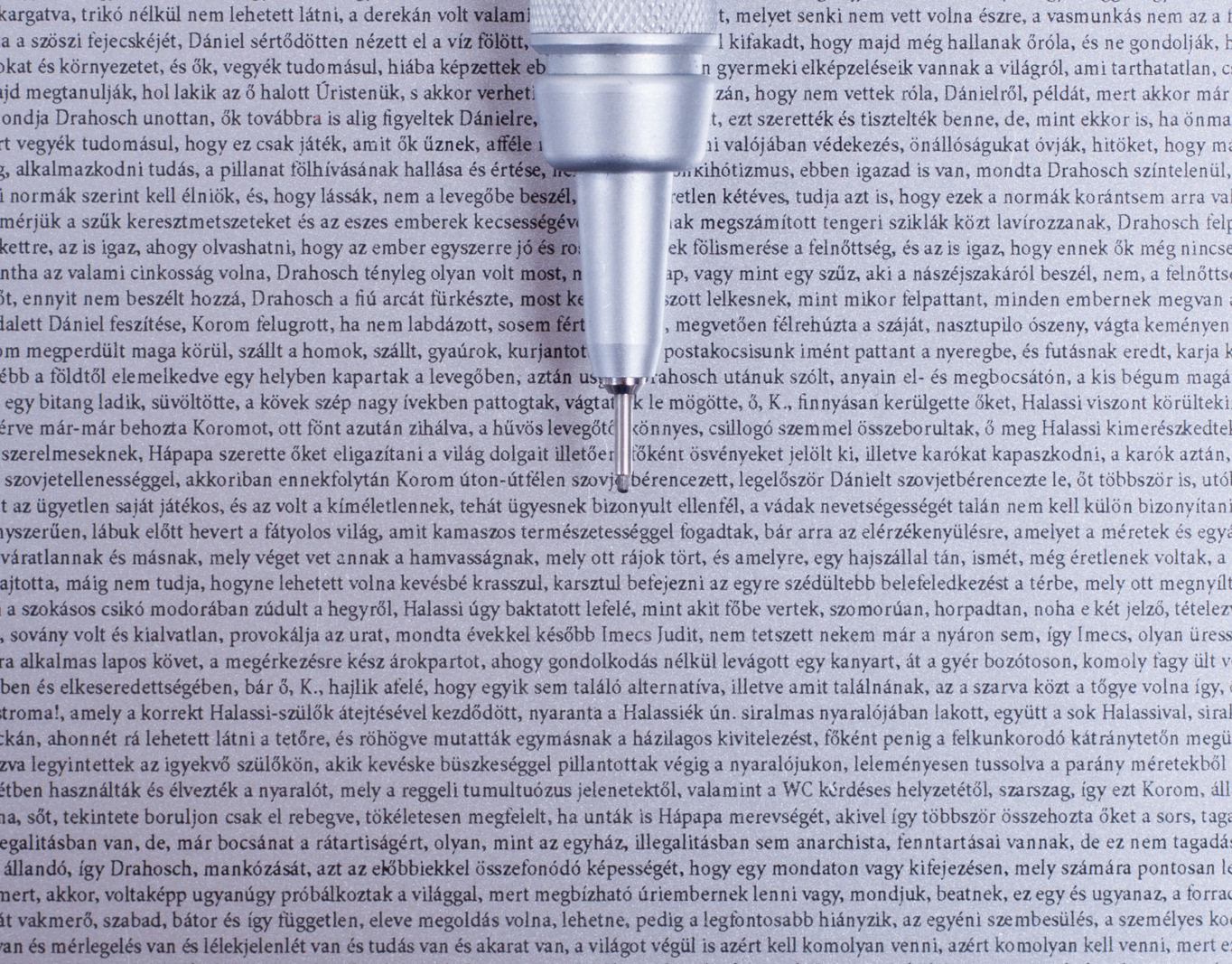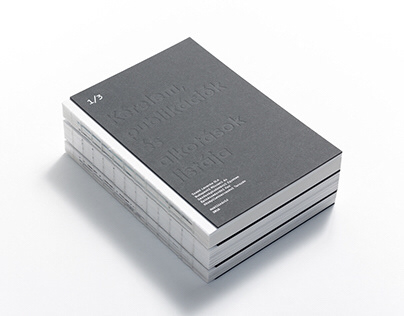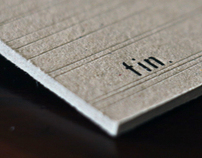“Come and play us your violin, then nothing bad can happen to us!”
– Letter by Walter Gropius to Andor Weininger, 1925
– Letter by Walter Gropius to Andor Weininger, 1925
In the exhibition space of the Leipzig Book Fair, spanning several thousand square meters, every spring the most recent Hungarian books translated to German are displayed in the national pavilion with and area of a few tens of square meters. Focusing on a specific theme, each year the designers commissioned by Collegium Hungaricum Berlin always try to shape the stand in an experimental way, reflecting on the unique situation presented by a book fair. The conceptual basis for this year’s Hungarian pavilion, designed by the team of Hetedik Műterem, was defined by the approaching centenary of the Bauhaus.
We wanted to conjure up the 99th anniversary in the pavilion not so much by direct formal references, but rather in a more indirect manner while retaining the primary focus for visitors and the books on display. It would have been easy to get lost in the infinite expanse of this great tradition, had we tried to look for specific connections and formal inspirations for the centenary. This is why we applied the characteristically Bauhaus approach of the Gesamtkunstwerk, and defined a reading space with a unique character and strong atmosphere, in the overwhelmingly standardised and commercial context of the fair. In essence, we recommended the opposite of what is characteristic of usual trade fair situations. The books were displayed on custom-made pieces of furniture in a space surrounded by 7-meter high white, transparent curtains, covered with a light carpet, in a bespoke lighting concept. Apart from obvious connections to contemporary architecture, the inner spatial atmosphere was also inspired by examples directly connected to the Bauhaus, displaying the use of uncluttered, fluid spaces defined by textiles: a great example being Café Samt und Seide designed by Ludwig Mies van der Rohe and Lilly Reich, and built in 1927 in Berlin, serving as an exhibition pavilion for the German silk industry. The uniqueness, lightness, constant movement, transparency and flexibility of the material used in this plan by Mies, who later served as director of the Bauhaus from 1930-1933, strengthens his paradigm-shifting theory of fluid spaces, which we tried to invoke in the exhibition space in Leipzig.
The presence and mutual interference of several art forms was as much a characteristic of the Bauhaus, as its elevating and intensive connection and interaction with the Hungarian art scene. The latter is emphasised by the quote from Walter Gropius, the motto of our design. In a heartfelt letter from 1925, the Bauhaus-founder urges one of the defining figures of the Hungarian Bauhaus to return to Dessau and participate in the art life of the school. The closing sentece of this letter, used as our motto and displayed on a curtain inside the space of the pavilion, symbolises the strong, symbiotic relationship between the international mainstream of the Bauhaus and its Hungarian adherents.
The typeface used throughout the stand on curtains, walls, furniture and flyers, is the Mohol type family of Ádám Katyi (the official typeface of the László Moholy-Nagy Design Grant), which reflects on Bauhaus experiments with basic geometric forms in a contemporary way, thereby connecting to the visual tradition established by László Moholy-Nagy, another significant Hungarian Bauhäusler.
In addition to the material, tactile experience, the architectural definition of the space, or the custom-made furniture and typography, The Gesamtkunstwerk-like character of the pavilion was amplified by the recurring sounds of the CHB Orchestra’s live musical performances.
DESIGN AND EXECUTION
CONCEPT
Levente Szabó DLA, Balázs Biri, Ákos Polgárdi
Levente Szabó DLA, Balázs Biri, Ákos Polgárdi
CO-DESIGNER
Anna Breuer
Anna Breuer
LIGHTING CONCEPT
Ferenc Haász
Ferenc Haász
CONSULTANT
Emese Benczúr
Emese Benczúr
CLIENT
Ministry of Foreign Affairs and Trade,
Ministry of Foreign Affairs and Trade,
Balassi Institute, Publishing Hungary Program
